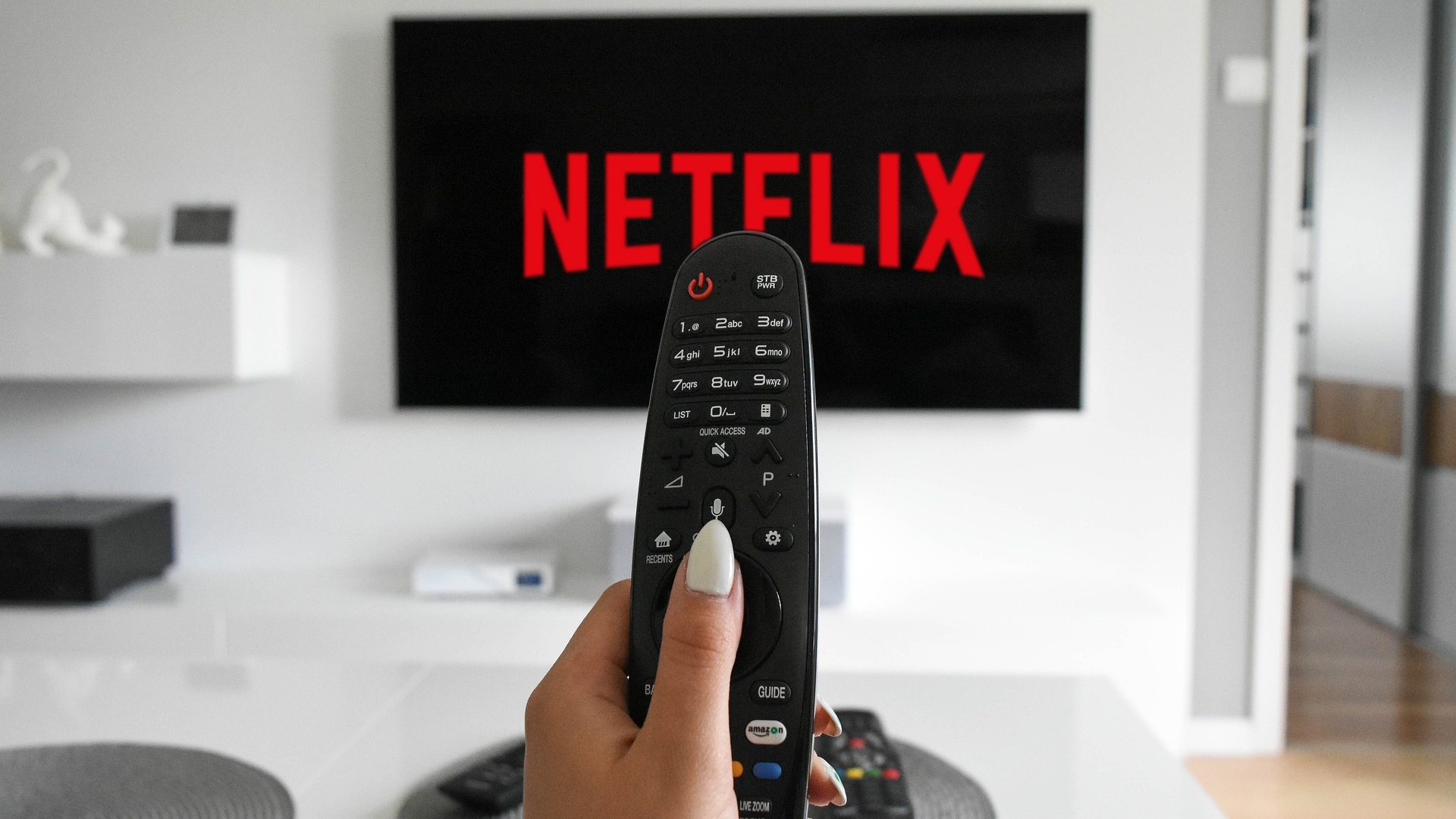Right now in order to access Apple TV+, Netflix, Showmax, Amazon Prime Video, YouTube and Disney+ you will need to fork out close to R600 per month and frankly, this is going too far.
Over the years rather than licensing shows and movies to one platform, production houses and networks have decided to launch their own streaming platform in a bid to maximise profits. The trouble with this is that while having access to the content is one thing, building and maintaining a platform for streaming isn’t a profitable venture.
But we’re jumping ahead, how did we get here? To understand this we need to jump back to 2016 when Netflix’s aggressive expansion across the world reached its peak.
While Netflix had been working to open its service to more regions for a while, in January 2016 it opened the floodgates and that year Netflix brought in a boatload of money. However, what many failed to see at the time was the amount of money Netflix was losing in the international market.
While Netflix reported net income of $40.7m in 2016, it cost the firm $100m on servicing customers outside of the US.
Over the years, that income figure has grown steadily but so has the cost of doing business internationally. And while revenue and income grew, Netflix was still paying license fees for shows and movies, allowing the creators of such to earn a tidy keep.
It’s at this point we suspect meetings were held in boardrooms regarding how the likes of Disney and HBO could cut out the Netflix middleman. After all, if folks were hungry to stream content, surely they would come to the source rather than an independent website.
And so, streaming services began forming around studios, TV networks and others until we sit where we are today, with more choice than ever before, only, the choice requires membership to all of these services.
What makes this all the more worse is that the quality of these services differs greatly from device to device and even depending on the country you happen to live in.
It doesn’t always work out
Early in December it was revealed that Westworld, a show that HBO itself had created would be removed from HBO Max. This comes after the scrapping of Batgirl after the merger between Warner Bros. Discovery and HBO.
The newly formed firm has been on a cost cutting mission and keeping old content around is seemingly too costly for these massive businesses. Make no mistake, this makes sense but why cull the content when you could just license it out and make money and royalties that way. Well for one, suddenly licensing Westworld to Netflix would send HBO Max customers to Netflix which simply won’t do because what if they don’t come back.
Does this mean an end to streaming? No, not anytime soon but we do foresee churn increasing as dead periods hit certain services.
Consider for a moment the months after and before the next big season of a show in the zeitgeist. One could cancel their subscription between these releases, saving money in the process.
Or, piracy could just simply increase.
IPTV services are becoming more popular despite their questionable practices. The allure of spending less money to stream everything is one that is tempting but, it can land you in trouble, and it could simply shut down with no way of claiming a refund or knowing if your payment details are safe.
Much like torrent sites of the early 2000s, pirate streaming sites are everywhere and they play a constant game of whack-a-mole against authorities.
What made Netflix so alluring was that it was simple. One payment for a wealth of content at your fingertips is a great offer and it was so good that piracy became more complicated and higher risk than many would prefer. Besides, storage space is expensive and why invest in hard drives that fail in a year when you can just visit a website and stream?
The current streaming market is not sustainable and, pardon the quip but, a relative house of cards.
What executives need to understand is that few people are brand loyal when it comes to content, they go with what they enjoy and once there isn’t anything left to enjoy, they’re going to leave. HBO Max’s removal of Westworld is a fundamental misunderstanding of how the streaming environment works no matter how many costs the company needs to cut.
And this is just the beginning, in fact it’s also the end. Something needs to give and we very much doubt it’s going to be the users or the pirates.
[Image – CC 0 Pixabay]

